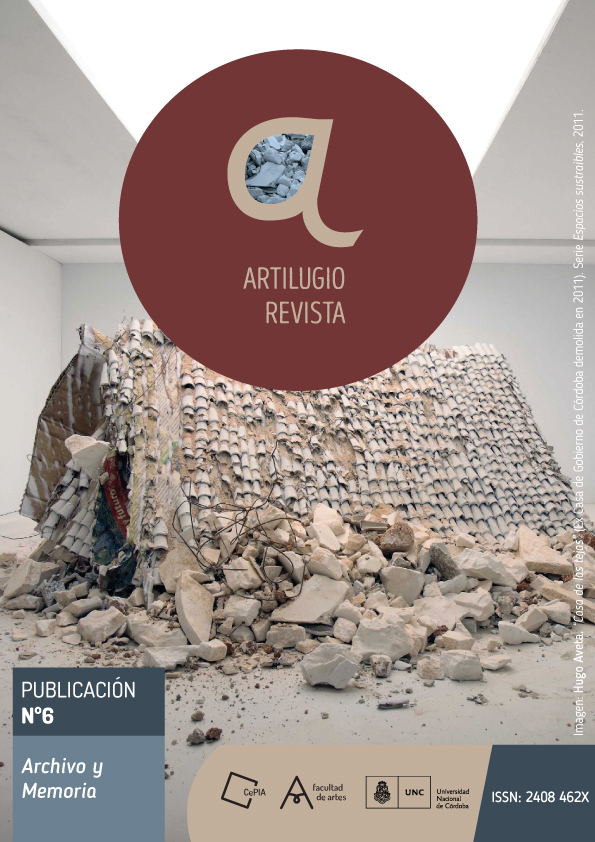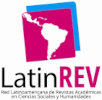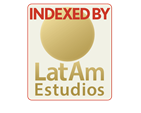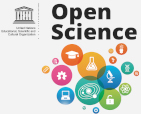Theatres, memoirs and archives. Counter-stories
DOI:
https://doi.org/10.55443/artilugio.n6.2020.30025Keywords:
evanescent arts, memories, device, archives, eventAbstract
This article approaches the complex links between archives, theaters and memories as concepts capable of configuring particular and problematic devices. The intersections within this triad force us to reflect on each of them in their singularity, and at the same time, to re-think them based on the tensions they establish in their juxtapositions, in their irreducibility. The relations they inaugurate involve both time (in a plural sense) and the way we situate ourselves “in” history. Theaters and archives, although inseparably linked to memories, hold a contradictory relationship between them. On the one hand, they may be considered as necessarily intertwined; on the other, we here verify the alien relations they hold. From this point of view, any possible agreement implies partially giving up their own conditions, which is the reason why these “pacts” are precariously made.
Downloads
References
Badiou, A. (2015). Rapsodia para el teatro. Buenos Aires: Adriana Hidalgo.
Benjamin, W. (2009). Estética y política. Buenos Aires: Las cuarenta.
Deleuze, G. (1995). Proust y los signos. Barcelona: Anagrama.
Deleuze, G.(2002). Diferencia y repetición Buenos Aires: Amorrortu.
Deleuze, G. Guattari, F. (1990). Kafka. Por una literatura menor. México D. F.: Era.
Deleuze, G. y Guattari, F. (2012). Mil mesetas. Capitalismo y esquizofrenia. Valencia: Pre-Textos.
De Naverán Urrutia, I. (2015). La danza: aliada perfecta del pasado. AusArt Journal for Research e Art. 3, 1, pp. 41-53. Recuperado de: www.ehu.es/ojs/index.php/ausart. DOI: 10.1387/ausart.14400.
Derrida, J. (1997). Mal de archivo. Una impresión freudiana. Madrid: Trotta.
Dubatti, J. (2014) Filosofía del teatro III. El teatro de los muertos. Buenos Aires: Atuel.
Dubatti, J. (2019) Arte, teatro y universidad: filosofía de la praxis, pensamiento y ciencias. Universidad, producción del conocimiento e inclusión social: a 100 años de la Reforma. Córdoba: Edicea. Recuperado de: https://rdu.unc.edu.ar/handle/11086/14650
Fernández, S. (2019). Poéticas de la memoria. Narrativas, teatralidades y transmisión. Teatralidades de la memoria. Mimeo.
Guattari, F. y Rolnik, S. (2006). Micropolítica. Cartografías del deseo. Madrid: Traficantes de sueños.
Jansa, J. (2010). Reconstrucción 2: Sobre las reconstrucciones de Pupilija, papá Pupilo y Pupilcecs y Monument G. pp. 85-113 en Naverán Urrutia I. (ed.) Hacer Historia. Reflexiones desde la práctica de la danza, CdL#3 Danza y Pensamiento. Barcelona: Mercat de les Flors.
Jelin, E. (2002). Los trabajos de la memoria. Madrid: Siglo XXI.
Macheret, G. (2018). El archivo y las artes evanescentes. En Arán, Pampa y Vigna, Diego. Archivos artes y medios digitales. Teoría y práctica. Córdoba: Edicea.
Macheret, G. (2013). Teatralidad contemporánea en la ciudad de Córdoba. Poéticas de la singularidad. Mimeo.
Mayorga, J. (2013). El dramaturgo como historiador. Colección Futuros Pasados, N° 2. Ediciones Contratiempo. Recuperado de: http://www.contratiempohistoria.org/ed/0002.pdf [Consulta: 15/03/2020].
Mroué, R. (2013). Image(s) mon amour: Fabrications. Madrid: CA2M
Proust, M. (2006). En busca del tiempo perdido. Por el camino de Swann. Buenos Aires: CS Ediciones.
Downloads
Published
Issue
Section
License
Copyright (c) 2020 Gabriela Macheret

This work is licensed under a Creative Commons Attribution-NonCommercial-ShareAlike 4.0 International License.





































